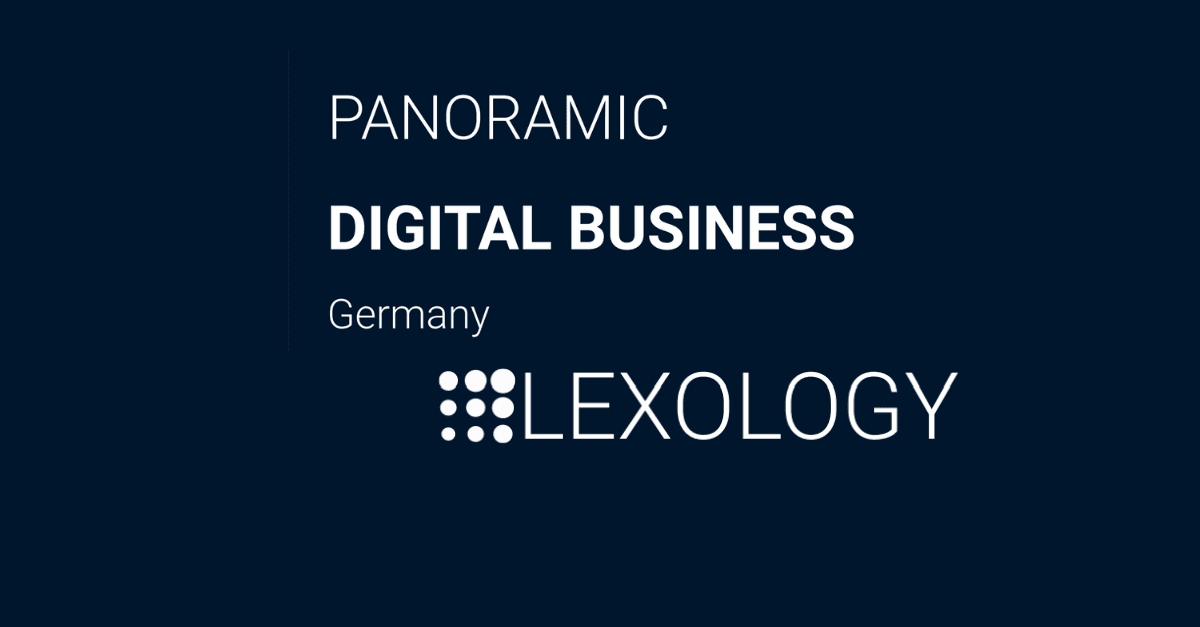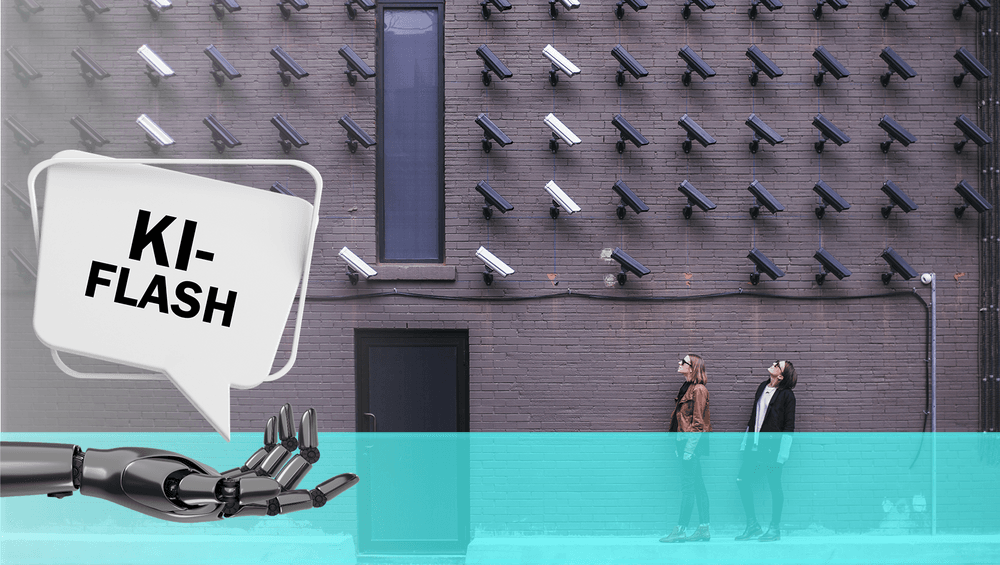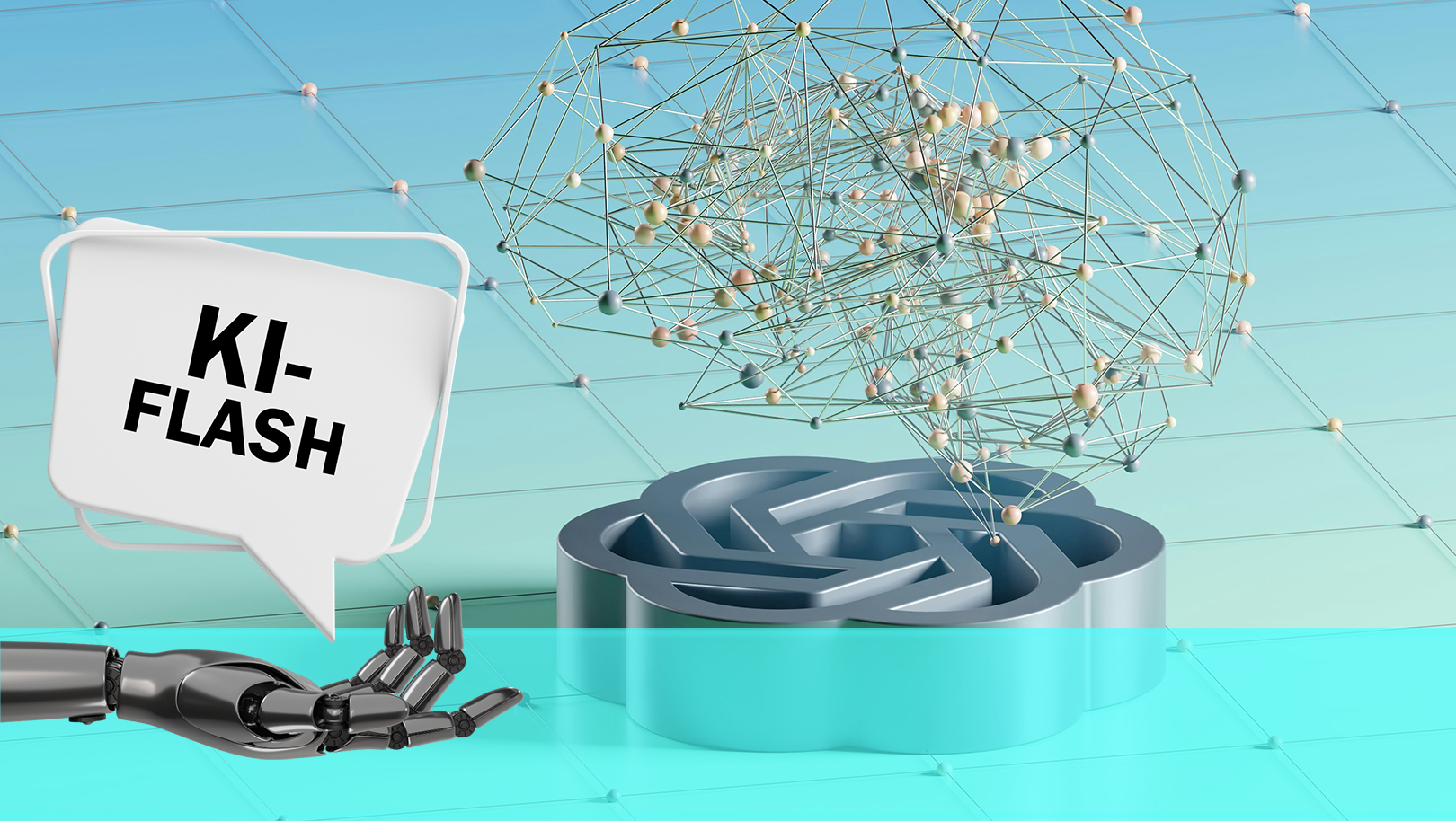What is it about?
Europe has developed a Union-wide regulation to regulate Artificial Intelligence (AI) in an attempt to harness the potential of this technology while ensuring the safety and trust of EU citizens. It also aims to make Europe a centre and pioneer for trustworthy AI.
The draft provides for a prohibition law that either completely bans the use of certain AI systems (in the case of high-risk AI systems) or allows their use under strict compliance conditions and security measures. Through ethical and technical standards, the AI Act aims to create a legal basis for the responsible use of AI.



















